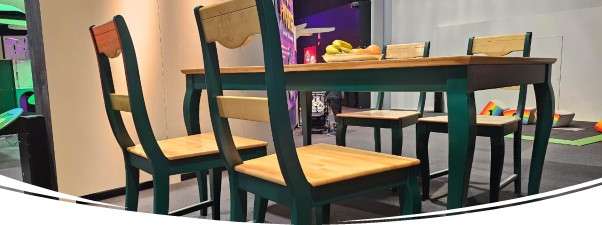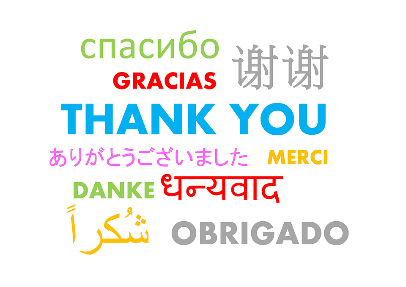The Lost Art of Risky Play: Nurturing Resilience in Early Childhood
The Lost Art of Risky Play: Nurturing Resilience in Early Childhood Ms. Uttama Singh Jonathan Haidt, in his book The Anxious Generation, emphasises how important risky play is for children’s development. He explains that activities like climbing trees or roughhousing or hard play aren’t just fun, they help children build resilience, learn problem-solving, and manage […]
Free Play – A Child’s Right

Empathy begins when we understand how children see the world. Free play is not merely leisure but an essential practice for holistic growth, emotional resilience, and lifelong learning. Recognized as a cornerstone in Early Childhood Education, particularly in the Finnish curriculum, free play fosters creativity, collaboration, and problem-solving skills.
Gratitude

Gratitude is a significant human value that people practice and demonstrate through deliberate actions. Simply stated, it is ‘to be thankful’ towards the ‘blessings’ received from others and actioned by giving back to the society. It evidences happiness and well-being at the individual level, fosters positive mindsets and strengthens relationships among communities.
Mitigating Confirmation Bias: Lessons from Thinking Fast and Slow

Confirmation bias, a cognitive tendency to favour information that aligns with one’s
preexisting beliefs while disregarding contradictory evidence, has significant
implications for in-service teachers.
AI in Education: A Teacher Educator’s Perspective on Opportunities and Challenges
Artificial Intelligence (AI) is no longer a futuristic concept—it is here, shaping classrooms, redefining learning experiences, and challenging traditional teaching methodologies. As a teacher educator, I see AI as both a transformative tool and a subject of careful scrutiny. While it offers immense potential to personalize learning, enhance assessment, and automate administrative tasks, it also raises critical questions about pedagogy, equity, and the role of teachers in an AI-driven world.
Together is the way! Building a thick interconnected system of support

Imagine a world where connection is not merely a human characteristic but a vital rule for survival. Peter Wohlleben’s book ‘The Hidden Life of Trees’ encourages us to view the world from a new perspective, showing that forests are not merely collections of plants. They are intricate, caring societies with deep teachings for mankind.
Traversing Early Childhood Education Pedagogical Shift from Teacher-Centric Practices to Child-Centric Agency
Traversing Early Childhood Education Pedagogical Shift from Teacher-Centric Practices to Child-Centric Agency “The mind is its own place and in itself can make a hell of heaven or a heaven of hell.” – Paradise Lost, Milton Ms. Sasha Ann KwanJanuary, 2024 The Pedagogic practices of any early childhood educational set-up are largely defined and influenced […]
How Children Learn!
The idea for this blog came from my weekly Deep Reading Sessions with seven children aged between five and eleven. The conversations with these children revolve around articles published in the children’s newspapers, stories on the friendship between humans and artificial intelligence,
The Collaborative Mindset: Essential Skill for Educators in the 21st Century
Today’s world is often described as BANI -Brittle, Anxious, Non-linear, and Incomprehensible. Unlike the older VUCA model, BANI reflects the deeper sense of anxiety and unpredictability many of us experience now. This has elevated the need for a collaborative mindset among educators, a crucial competency for navigating the challenges of teaching in the 21st century.
Critical Reflection – The core of Teacher preparation
According to Palmer, “good teaching cannot be reduced to technique; good teaching comes from the identity and integrity of the teacher.”